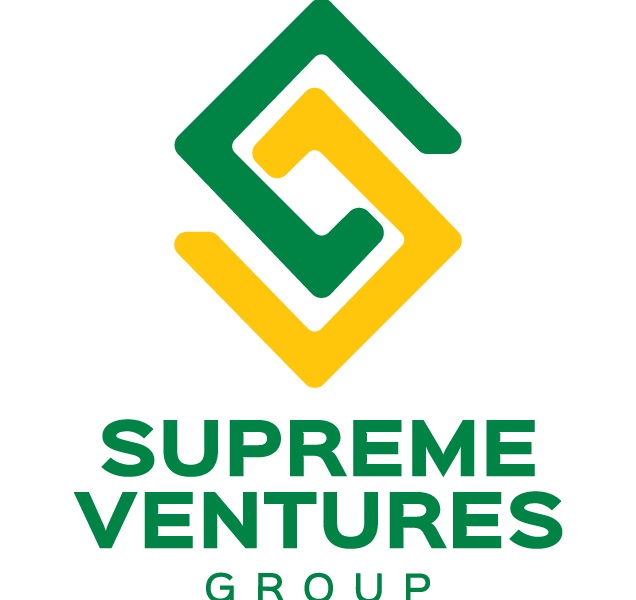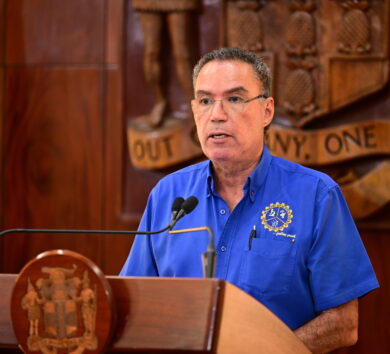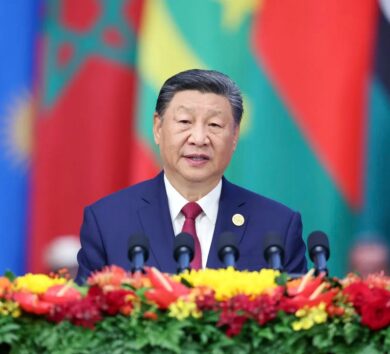
Demands fair trade regulator withdraws damaging investigation report

Regional gaming giant Supreme Ventures Limited (SVL) has fired back at Jamaica’s Fair Trading Commission (FTC) regarding its damaging investigation report, which found that the company abused its dominant market position in contravention of the Fair Competition Act.
SVL is demanding that the FTC withdraws its investigation report, which concluded that since the onset of competition in Jamaica’s local gaming market in 2021, SVL has been engaging in conduct, which is lessening competition in contravention of the Act.
The demand was communicated to FTC executive director, David Miller, by SVL lawyers, who have penned a letter in response to its 32-page investigation report. In their letter, SVL’s legal team from the law firm Hylton Powell is demanding that the report be withdrawn and pulled from the FTC’s website, where it has been uploaded.
Details of the demands being made
In addition, SVL’s attorneys want the FTC to ”Formally announces to the world through the media that the draft report has been withdrawn. Please also advise us of your offer on account of compensation to our clients.”
In the two-page letter dated Wednesday (February 16), SVL’s attorneys accuse the FTC of also breaching the Fair Competition Act too, explaining that the gaming company was only made aware of the report on Tuesday afternoon when contact was made with the CEO.
According to the law firm, “prior to this, my clients had no knowledge of the contents or even the existence of this draft report. In the circumstances, your publication of this draft report is a clear and gross breach of the Fair Competition Act.”

The law firm contends that, “in consequence of the publication of this draft report by the FTC, its widespread dissemination and the subsequent news item in the media, our clients have suffered and incurred substantial loss, damage and expense.” The investigation by the FTC was carried out under sections 19-21 of the Fair Competition Act, which prohibit any action of an enterprise occupying a dominant position in a market from abusing its dominance to the detriment of effective competition.
In the report, the FTC determined that the abusive conduct perpetrated by SVL “had the effect of lessening competition substantially by harming competitors and potential competitors (discouraging expansion by increasing the cost of distributing games and discouraging entry by seeking approval to offer unprofitably high payouts) and harming players (reducing the variety of games accessible to players at a given retailer location).”
The FTC is adamant that SVL’s conduct did meet the standards to be exempted from being treated as a breach of the Fair Competition Act, arguing that the overall conclusion is that the challenged conduct is likely to breach sections 19-21 of the Fair Competition Act. As such the FTC executive staff is recommending that its “Commissioners take the appropriate measures to correct the breach identified in this Report.”
The fair trade regulatory body observes that the entry of competition in the space, “there is a noticeable shift in the terms and conditions under which SVL engaged and/or disengaged retailers in furtherance of its channel and business realignment strategy. In many instances, SVL terminated the services of retailers, who also engaged competing operators.”
Examples of abuse of dominant market position
The FTC, in its investigation report, detailed two examples in which SVL abused its dominant market position. Firstly, the FTC cited where SVL secured approval to offer odds of up to 50:1 for its pick 1 lottery game (Cash Pot), contending that “such high odds are likely to be ex-ante unprofitable for a lottery game with a field of only 36 numbers and therefore would be irrational to implement for any profit-maximising enterprise.”

Secondly, within two weeks of the first competitor to the market, Mahoe Gaming, SVL terminated the first of 48 retailer agreements with retailers, which distributed games for the recent entrants, in pursuant to its channel and business realignment strategy.
As such the FTC challenged the conduct of SVL on the basis that the objective and/or effect of the strategies described above was to maintain its dominant position in the promotion of lottery games by discouraging retailers from engaging competing operators.
The challenged conduct was investigated under sections 19-21 of the Fair Competition Act, which prohibit any action of an enterprise occupying a dominant position in a market from abusing its dominance to the detriment of effective competition. As a result, the FTC has determined that, “SVL is unduly restricting rivals’ access to the most cost-effective distribution sales channel (retailers) and players are likely to be deprived of potential benefits of competition in the long run in terms of higher payouts, faster pace of product innovations and greater variety of lottery games at a given location.”







Comments